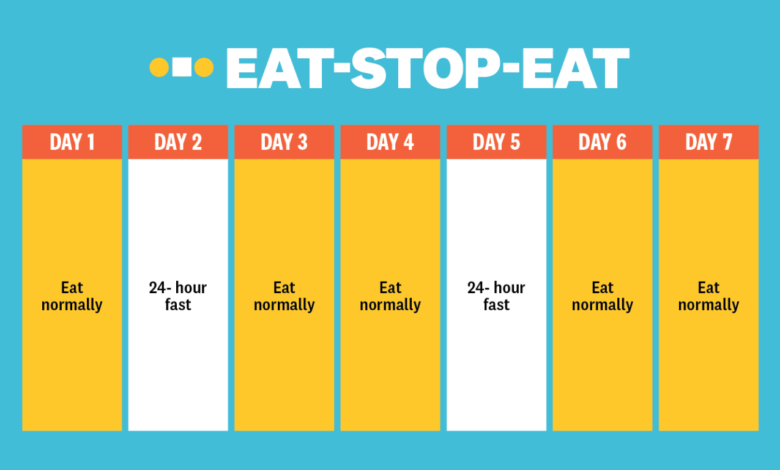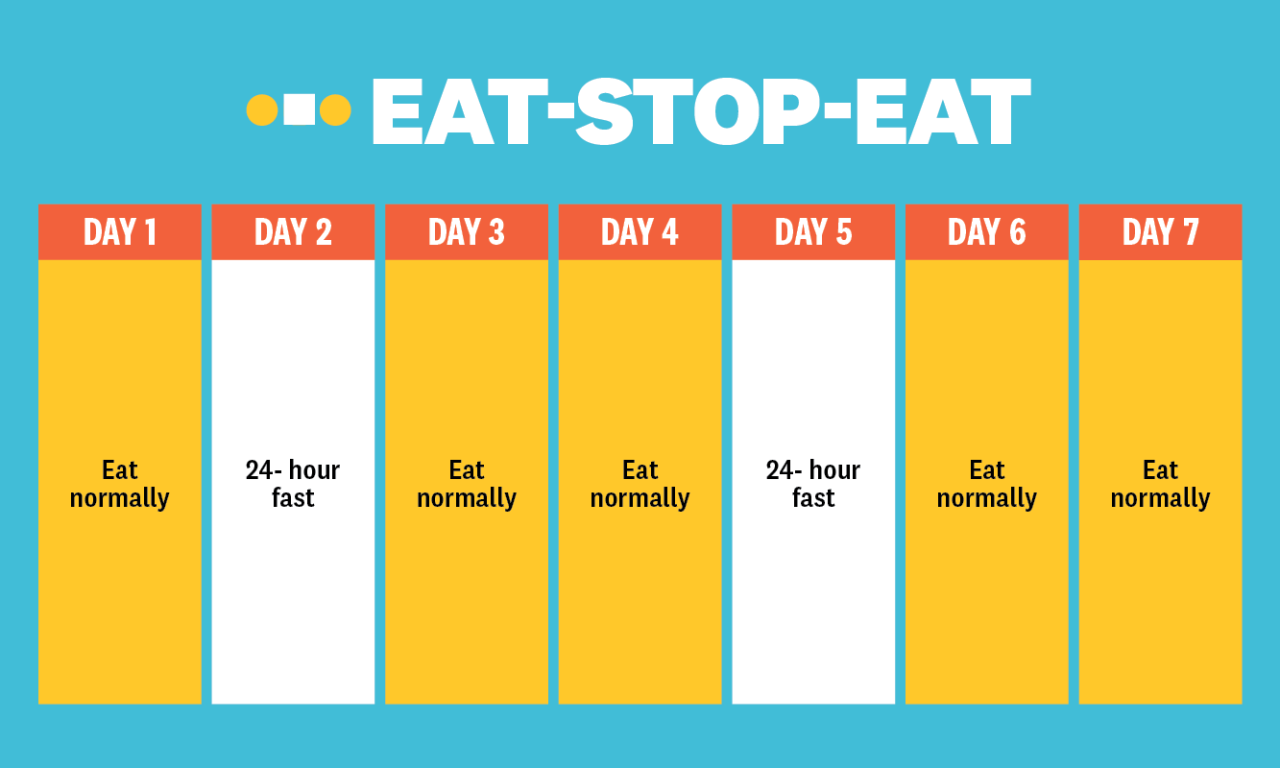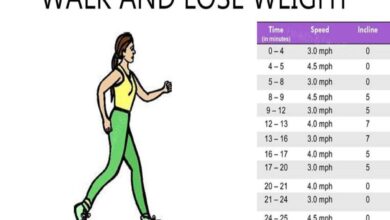
6 Intermittent Fasting Mistakes to Avoid
6 Intermittent Fasting Mistakes to Avoid: Intermittent fasting has gained immense popularity as a weight loss strategy, but many fall prey to common mistakes that hinder their progress. From not eating enough during eating windows to ignoring hunger cues, these pitfalls can sabotage your efforts and leave you feeling frustrated.
Let’s dive into these common errors and learn how to avoid them for a successful and sustainable intermittent fasting journey.
Intermittent fasting is a powerful tool for weight loss and overall health, but it’s not a magic bullet. Like any lifestyle change, it requires knowledge, discipline, and a mindful approach. By understanding the common mistakes people make, you can navigate the process effectively and reap the benefits of this popular eating pattern.
Consuming Unhealthy Foods During Eating Windows
Intermittent fasting is a powerful tool for weight loss and improved health, but it’s not a free pass to indulge in unhealthy foods. Choosing the right foods during your eating windows is crucial for maximizing the benefits of intermittent fasting.
Sticking to an intermittent fasting schedule can be tough, especially when you’re feeling stressed. One of the biggest mistakes people make is not planning ahead, which can lead to overeating during your eating window. Remember, stress can really throw your body off balance, so if you’re feeling overwhelmed, check out these 8 quick ways to reduce stress right now to help you get back on track.
Once you’ve managed your stress levels, you’ll be better equipped to stick to your intermittent fasting plan and avoid making those common mistakes like skipping meals or indulging in unhealthy snacks.
Consuming unhealthy foods can sabotage your efforts and hinder your progress.
Impact of Unhealthy Food Choices
Consuming processed foods and sugary drinks can significantly impact your insulin sensitivity and negate the benefits of intermittent fasting. When you consume these foods, your body releases a surge of insulin, which promotes fat storage and can lead to insulin resistance over time.
Avoiding common intermittent fasting mistakes like skipping meals entirely or relying solely on sugary drinks is crucial for success. But don’t forget to fuel your body with nutritious foods, and that’s where vegetables shine! Check out these 5 ways to up your vegetable game to ensure you’re getting the essential vitamins and minerals needed for optimal health during your fasting periods.
Remember, intermittent fasting is a tool, not a replacement for a balanced diet, so prioritize vegetables to maximize your results.
This can hinder your weight loss efforts and increase your risk of chronic diseases like type 2 diabetes.
One common mistake people make with intermittent fasting is not planning their meals in advance. It’s easy to get caught up in the moment and make unhealthy choices when you’re hungry. That’s why it’s important to have a plan and stock your fridge with healthy options.
If you’re looking for quick and easy dinner ideas, check out this great resource for diets and recipes for 35 minute dinners. With a little planning, you can easily avoid those common intermittent fasting pitfalls and stay on track with your goals.
Unhealthy Food Choices to Avoid
Here are some common unhealthy food choices that can sabotage your intermittent fasting efforts:
- Processed Foods:Processed foods are often high in calories, unhealthy fats, added sugars, and sodium. Examples include packaged snacks, frozen meals, and fast food.
- Sugary Drinks:Sugary drinks like soda, juice, and sweetened coffee are loaded with empty calories and can contribute to weight gain, insulin resistance, and other health problems.
- Refined Grains:Refined grains, such as white bread, pasta, and rice, are low in fiber and nutrients and can cause blood sugar spikes. These foods are often processed and contain added sugars.
- Unhealthy Fats:Trans fats and saturated fats, found in fried foods, processed meats, and full-fat dairy products, can increase your risk of heart disease and other health problems.
Healthy Alternatives to Unhealthy Food Choices, 6 intermittent fasting mistakes to avoid
Instead of indulging in unhealthy foods during your eating windows, opt for nutritious and satisfying alternatives:
| Unhealthy Food | Healthy Alternative |
|---|---|
| Potato Chips | Raw Vegetables with Hummus |
| Candy Bar | Fruit Salad with Nuts |
| Soda | Water with Lemon or Cucumber |
| Fast Food Burger | Grilled Chicken Salad with Whole Grain Bread |
Ignoring Hunger Cues
Intermittent fasting is all about timing your meals, not necessarily restricting calories. While the goal is to spend specific periods without eating, it’s crucial to recognize and respect your body’s hunger signals. Ignoring hunger cues can lead to a host of problems, including discomfort, metabolic disruptions, and even binge eating.
The Importance of Listening to Your Body
Your body has a natural mechanism for signaling hunger and satiety. When you’re truly hungry, your body releases hormones like ghrelin, which stimulates appetite. Conversely, after eating, your body produces hormones like leptin, which signals fullness and reduces appetite.
During a fast, it’s natural to experience hunger pangs. These are temporary sensations that typically subside after a short while. However, if you consistently ignore these signals and push yourself to fast longer than your body can handle, you may experience extreme hunger, headaches, dizziness, and difficulty concentrating.
This can lead to poor decision-making, especially when it comes to food choices.
Strategies for Managing Hunger Pangs
While it’s important to listen to your body’s signals, you can also employ strategies to manage hunger pangs and cravings during fasting periods. These include:
- Stay Hydrated:Drinking plenty of water, herbal tea, or unsweetened beverages can help fill your stomach and reduce hunger sensations.
- Distract Yourself:Engage in activities you enjoy, such as reading, exercising, or spending time with loved ones, to take your mind off food.
- Focus on Non-Food Rewards:Instead of associating your fast with deprivation, think about the benefits you’re gaining, such as improved health, weight management, or increased energy.
- Plan Your Eating Windows Wisely:Ensure you’re eating nutritious and satisfying meals during your eating windows to prevent excessive hunger during your fasting periods.
Consequences of Ignoring Hunger Signals
Consistently ignoring hunger cues can have detrimental effects on your health and well-being. These consequences include:
- Binge Eating:When you ignore hunger for too long, you’re likely to experience intense cravings and overeat during your eating window, potentially undoing the benefits of fasting.
- Metabolic Disruptions:Chronic suppression of hunger signals can disrupt your body’s natural hormonal balance, leading to metabolic imbalances and potential health problems.
- Nutritional Deficiencies:If you’re not getting enough nutrients during your eating windows, you may experience deficiencies, which can impact your energy levels, mood, and overall health.
- Increased Stress and Anxiety:Constant hunger can contribute to stress and anxiety, making it harder to manage your fasting routine effectively.
Last Recap: 6 Intermittent Fasting Mistakes To Avoid

Intermittent fasting can be a powerful tool for weight loss, improved insulin sensitivity, and overall health. However, avoiding common mistakes is crucial for maximizing its benefits and achieving sustainable results. By prioritizing adequate nutrition, listening to your body, and staying consistent, you can unlock the full potential of this popular eating pattern and embark on a journey toward a healthier and more vibrant you.






